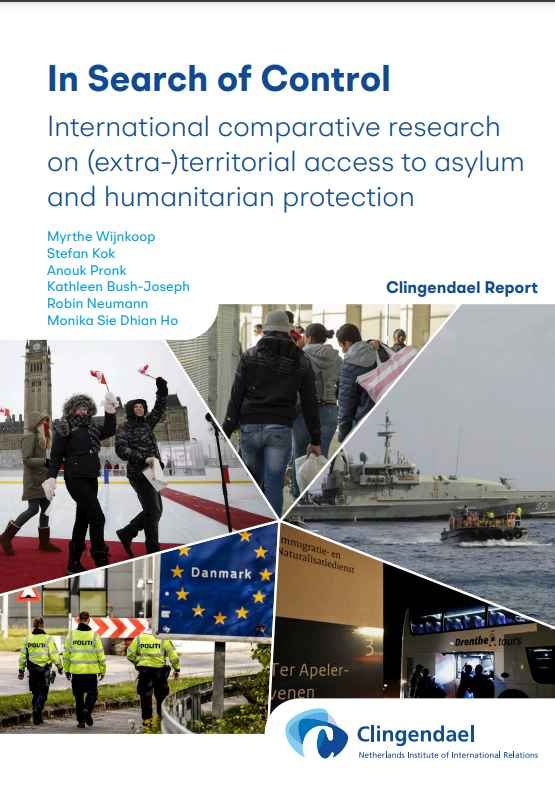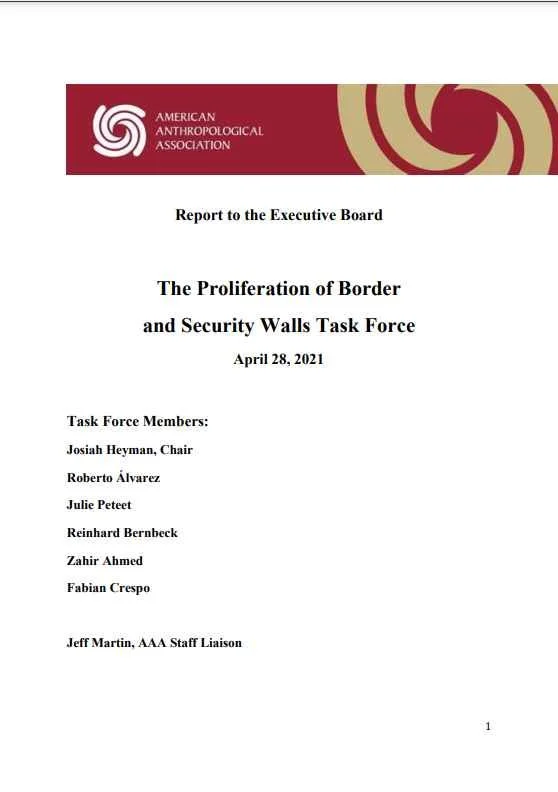By Bill Frelick, Martina Rapido Ragozzino, and Michael Garcia Bochenek
Between February 12 and 15, 2025, the US government expelled 299 third-country nationals to Panama after they crossed the US-Mexico border, most of whom were seeking asylum, following the inauguration of President Donald Trump on January 20, 2025. Many of these people had fled persecution due to ethnicity, religion, gender, sexual orientation, family ties, and political views. “Nobody Cared, Nobody Listened”: The US Expulsion of Third-Country Nationals to Panama documents this abusive mass expulsion, exposing the harsh detention conditions and mistreatment in the United States, beyond being denied due process and the right to seek asylum there. It also details their incommunicado detention in Panama, where authorities confiscated their phones, blocked visitors, and isolated them from the outside world. Of the 299 expelled, 179 were later returned to their home countries under the International Organization for Migration’s “assisted voluntary return” program—though the conditions of their confinement and the limited options they were given raise serious doubts about the voluntariness of those returns. The United States should allow those wrongfully removed to return and seek asylum in accordance with its international legal obligations. It should stop violating the principle of nonrefoulement by processing asylum claims of those arriving at the US border, rather than outsourcing responsibility to countries with far less capacity to examine asylum claims or to provide protection to those needing it. Panama should ensure that those it agreed to take can fairly access asylum and avoid complicity in US abuses
New York: Human Rights Watch, 2025. 45p.
























